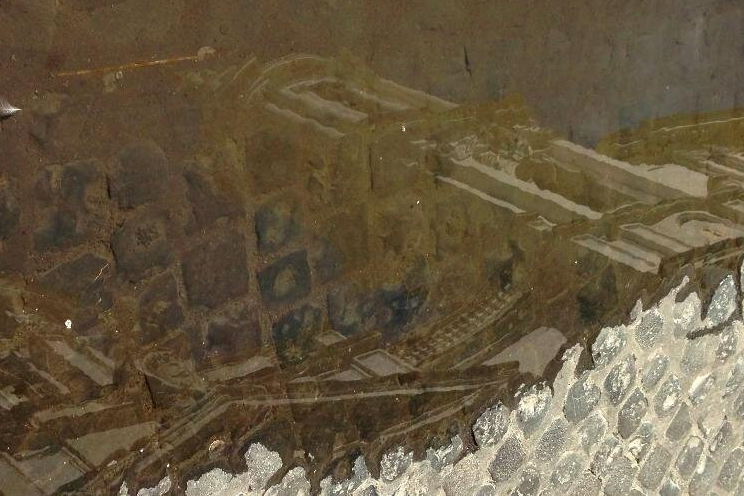
Clericalism
As the Vatican’s February summit on sexual abuse approaches, we are sure to hear more about clericalism, a theme that recurs often enough in Pope Francis’ teaching to have its own entry in A Pope Francis Lexicon. However, to say it’s a lexicographical entry doesn’t mean it’s easy to define. The following two points are not a definition but seem worth remembering in discussions about this ism.
[1] Both ordained and non-ordained members of the Church are complicit.
Speaking to the leadership of the Latin American bishops’ conferences in 2013, Francis asserted, “[Clericalism] has to do with a sinful complicity: the priest clericalizes the lay person and the lay person kindly asks to be clericalized.” It’s a thought that predates his election as successor of Peter – see, for example, his 2011 interview with an Argentinian Catholic news agency.
Francis considered clericalism along the same lines in his 2016 letter to Cardinal Ouellet, to which he has recently made a number of references: “Without realizing it, we have generated a lay elite, believing that committed lay people are only those who work in the matters ‘of priests’, and we have forgotten, overlooked, the believers who very often burn out their hope in the daily struggle to live the faith.”
From this perspective, clericalism is an ideology that equates church with clergy, undervaluing and distorting the role of the laity. And at times non-ordained members of the Church are responsible for this false identification.
[2] While it’s difficult to establish a direct causal link between clericalism and criminal abuse, we can say that the former creates an environment or culture that facilitates the latter and enables its cover-up.
Clericalism is among the institutional, systemic factors that compound and enable individual (direct) causes of clerical sexual abuse, which is often accompanied by spiritual abuse and an abuse of power and conscience.
This past summer, during a private meeting with Jesuits in Ireland, Francis observed, “this drama of abuse, especially when it is widespread and gives great scandal [...] has behind it a Church that is elitist and clericalist, an inability to be near to the people of God. Elitism, clericalism fosters every form of abuse.”
While it’s erroneous to regard the Church at large as clericalist, there’s certainly a widespread network of complex relationships that have fostered abuse and will take generations to untangle.

